They may be the owners of multi-million dollar companies today, but they’ve all started their journey from scratch at some point. Today, we are looking into the fortunes and businesses of some of the richest families in Asia, according to Bloomberg.
The amount of wealth these families own will blow your mind. Take a look.
1. Ambani Family from India
Company: Reliance Industries
Wealth: $76 Billion (₹56,15,29,80,00,000 approx)
Dhirubhai Ambani, the father of Mukesh and Anil Ambani started building Reliance Industries in 1957. After his death in 2002, his sons took over the family business and fortune. Mukesh Ambani now owns the world’s largest oil-refining complex. He also owns Antilla, a 27-storey mansion which is supposedly the world’s most expensive private residence. Recently, Mukesh Ambani also became the fifth richest man in the world.
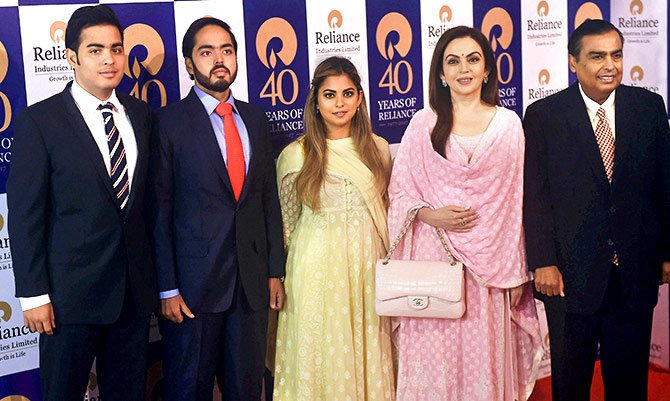
2. Kwok Family from Hong Kong
Company: Sun Hung Kai Properties
Wealth: $33 Billion (₹24,38,22,15,00,000 approx)
Kwok Tak-seng, a grocery seller, started Sun Hung Kai Properties way back in 1972. Now, the company has become one of Hong Kong’s largest real estate developers which is bringing fortune to the family. In 1990, when Kwok passed away, his sons, Walter, Thomas and Raymond, assumed control over the company.
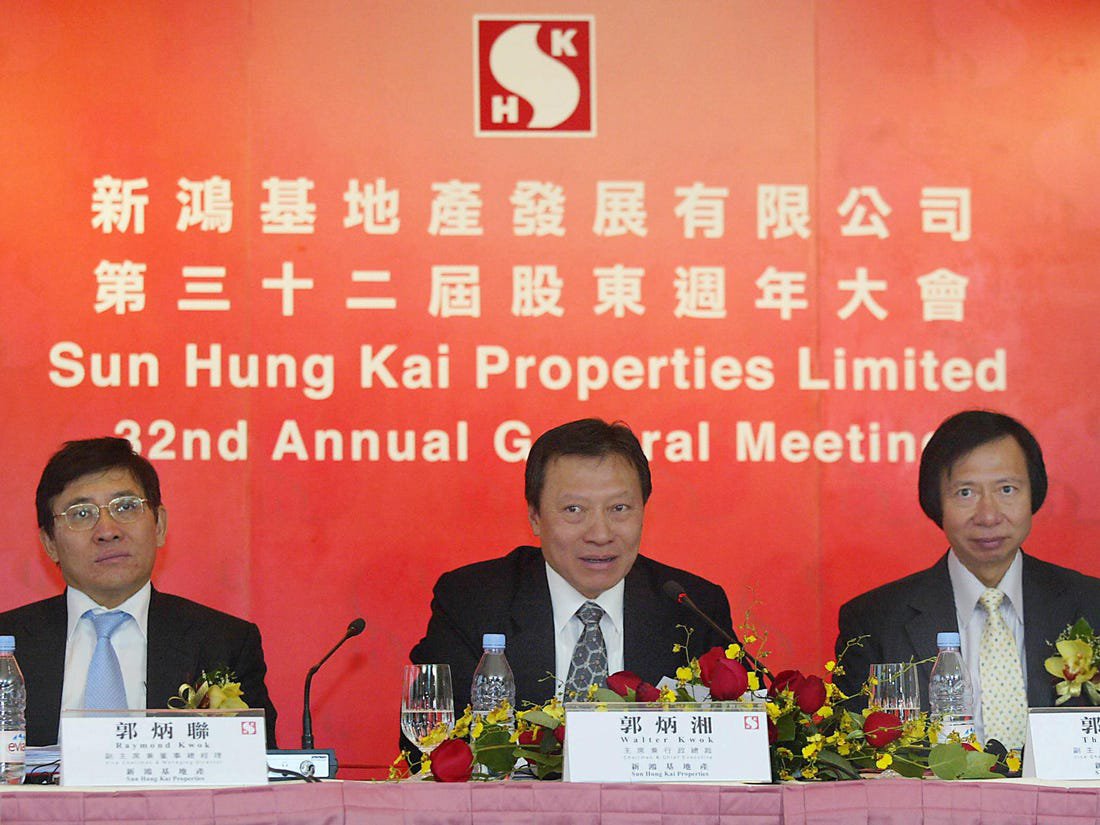
3. Chearavanont Family from Thailand
Company: Charoen Pokphand Group
Wealth: $31.7 Billion (₹23,42,93,11,50,000 approx)
In 1921, Chia Ek Chor fled his village in southern China and moved to Thailand to start afresh. In the beginning, he sold vegetables with his brothers but, almost a century later his son, Dhanin Chearavanont became a senior chairman of Charoen Pokphand Group, a conglomerate with food, retail and telecom units.
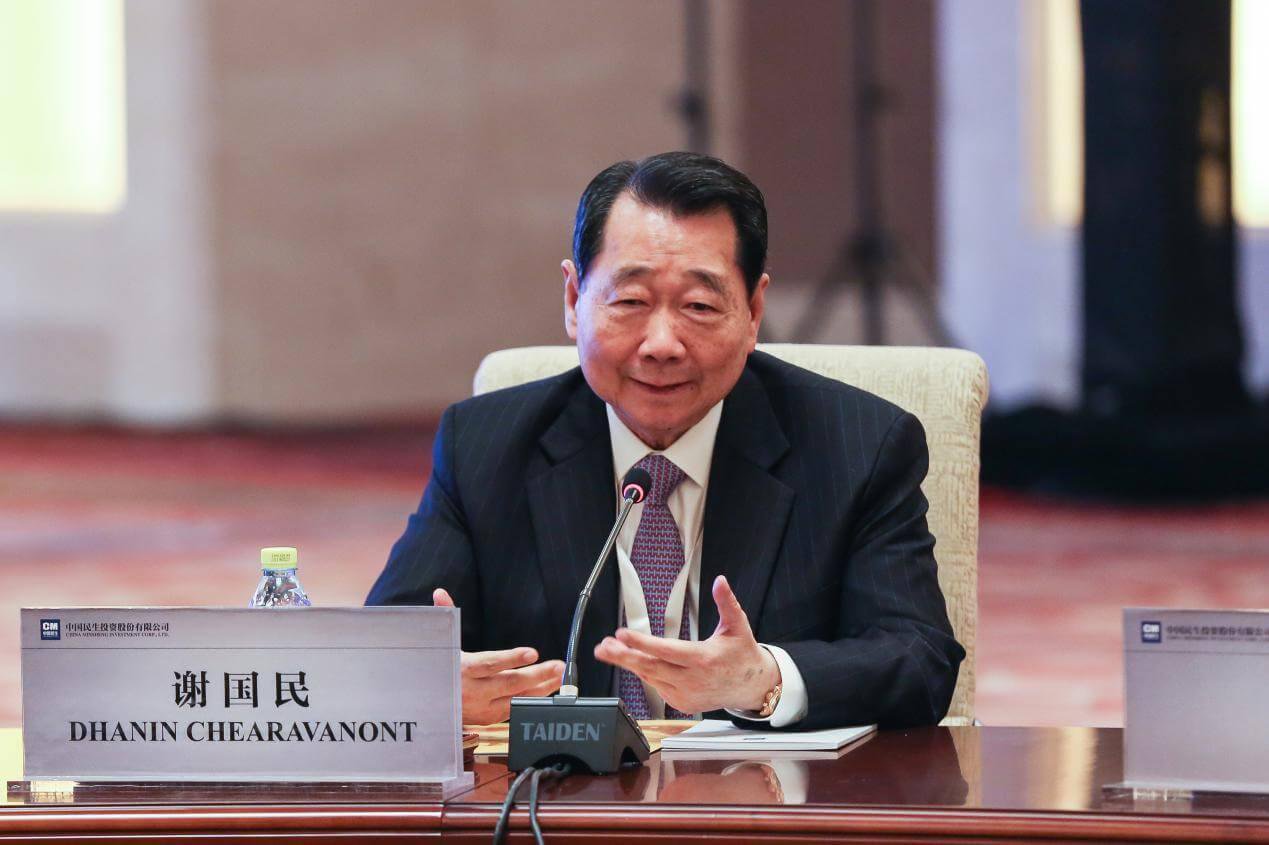
4. Hartono Family from Indonesia
Company: Djarum, Bank Central Asia
Wealth: $31.3 Billion (₹23,12,61,61,50,000 approx)
Oei Wie Gwan bought a cigarette brand in the 1950s and renamed it Djarum. Ever since then, the business has grown multi-fold and the company has become one of the largest cigarette makers in Indonesia. After Oei’s death in 1963, his sons, Michael and Budi invested in Bank Central Asia which makes up most the family’s fortune.
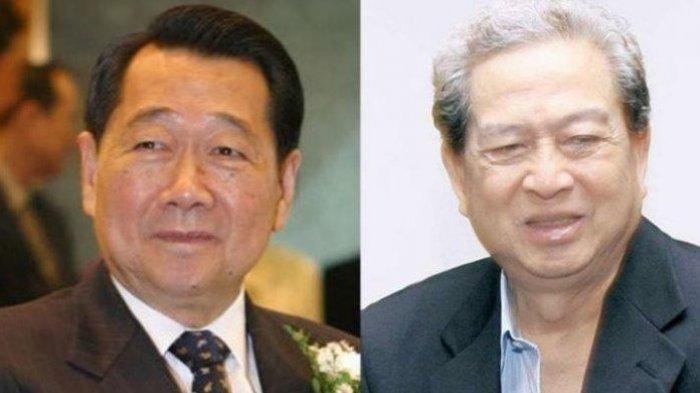
5. Lee Family from South Korea
Company: Samsung
Wealth: $26.6 Billion (₹19,65,89,96,00,000 approx)
Many may not know this but, in 1938 Lee Byung-chull started Samsung as a trading company to export fruits, vegetables and fish. It was only in 1969 that he got into the electronics business by setting up Samsung Electronics, which has now transformed into the world’s largest maker of memory chips and smartphones. After his demise in 1987, Lee’s third son, Lee Kun-hee took over the business. Though, in October 2020 Lee Kun-hee also lost his life after years of hospitalisation due to a heart attack in 2014. Lee Jae-yong, Kun-hee’s eldest son has now stepped in to lead the company.
ADVERTISEMENT
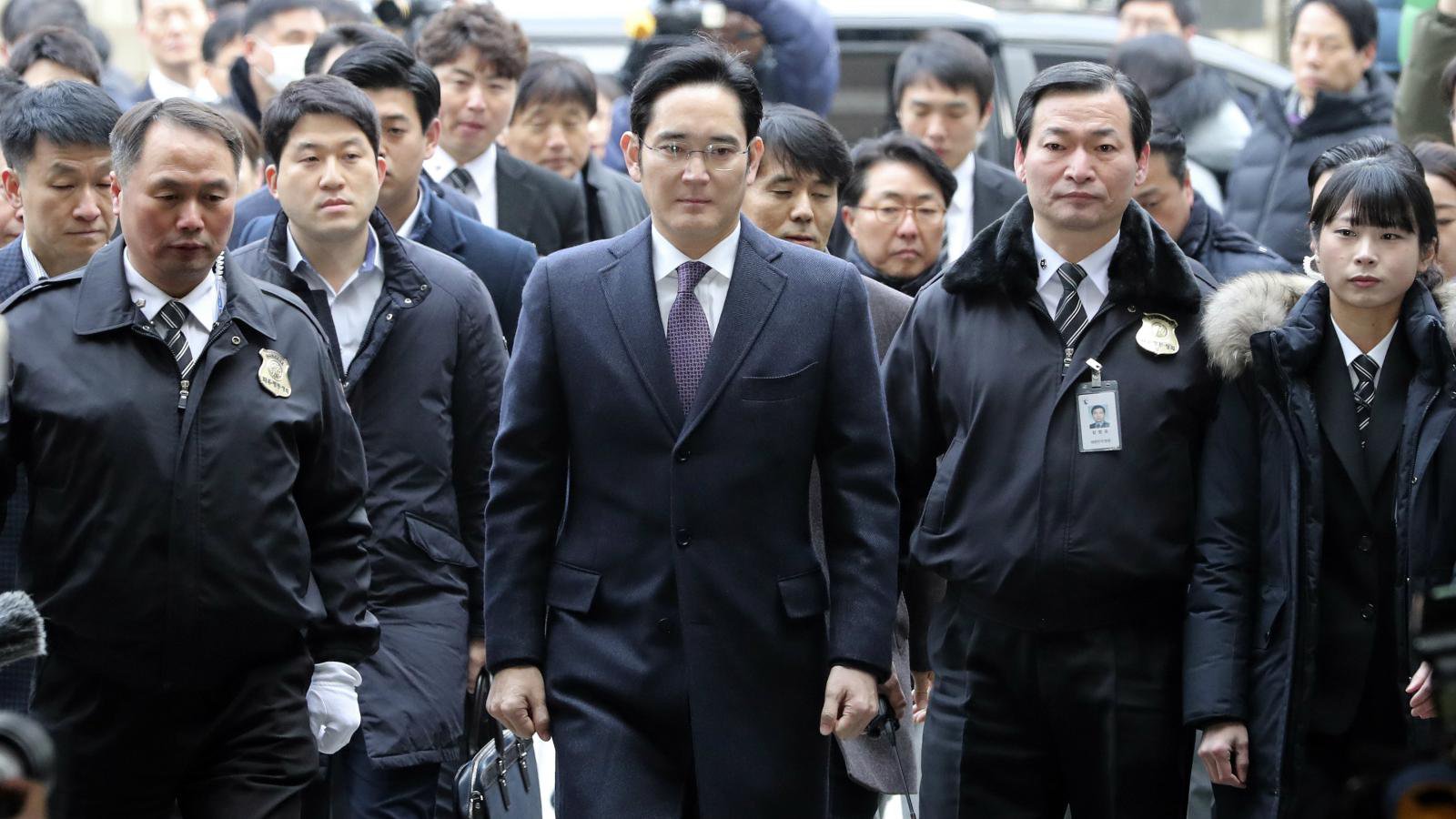
6. Hinduja Family from India
Company: Hinduja Group
Wealth: $15.1 Billion (₹11,15,86,73,50,000 approx)
Parmanand Hinduja established his business in trade and banking in 1914. And, in 1952 Srichand Hinduja joined the family business. Several years later, the Hinduja Group, led by four brothers, branched into several businesses in industries such as energy, automotive, finance and health care. The family now owns real estate in India, as well as in other cities including London.
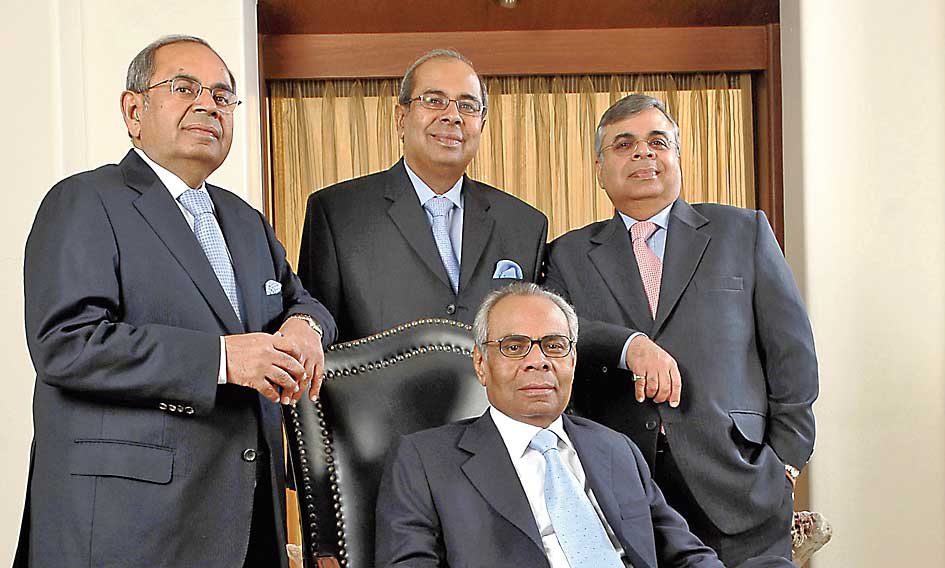
7. Sy Family from Philippines
Company: SM Investments
Wealth: $19.7 Billion (₹14,55,40,64,50,000 approx)
Henry Sy, originally from China immigrated to the Philippines when he was only 12 years old. At that time, he helped his father by selling rice, sardines and soap before opening the first shoe store in 1958. From a small shoe shop, the company has grown into a conglomerate with interests including retail, banking and property. Currently, the group runs almost 2,800 retail stores and has more than 2,000 banking branches.
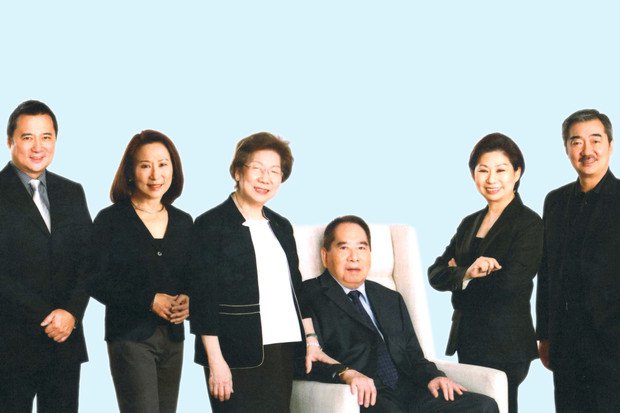
8. Mistry Family from India
Company: Shapoorji Pallonji Group
Wealth: $22 Billion (₹16,25,32,70,00,000 approx)
The Mistry family business took flight in 1985 in India when Pallonji Mistry’s grandfather started a construction enterprise with an Englishman. Now, the group has interests in various business areas including engineering and construction. In fact, the group has built some of Mumbai’s landmarks, including the Reserve Bank of India building.
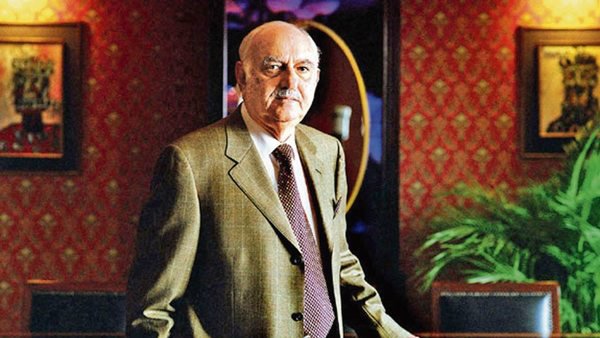
9. Yoovidhya Family from Thailand
Company: TCP Group
Wealth: $24.2 Billion (₹17,88,10,17,00,000 approx)
T.C. Pharmaceuticals was originally established by Chaleo Yoovidhya in 1956 but, later the company branched out into selling consumer goods. In 1975, the company invented an energy drink called Krating Daeng, which is Thai for ‘red bull’. Later, when an Austrian businessman came across the energy drink during a business trip, he teamed up with Chaleo to modify the recipe and market Red Bull globally. And, the rest is history. Yoovidhya has made a fortune thanks to the success of Red Bull. Though, after Chaleo’s death in 2012, Saravoot Yoovidhya, his son has now become TCP Group’s chief executive officer.
ADVERTISEMENT
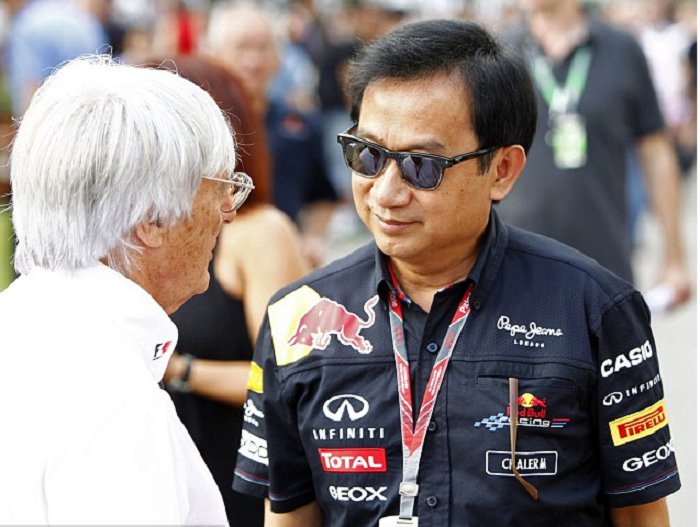
10. Torii/Saji Family from Japan
Company: Suntory
Wealth: $16.3 Billion (₹12,04,38,25,50,000 approx)
Shinjiro Torii, the founder of Suntory opened his first store of wine and Western-style liquors in 1899. In 1961, his son took charge of the company as the President and under his leadership, the company expanded into a multi-billion dollar conglomerate with interests ranging from alcoholic beverages to health foods. Now, the company is headed by Nobutada Saji, the grandson of the founder.
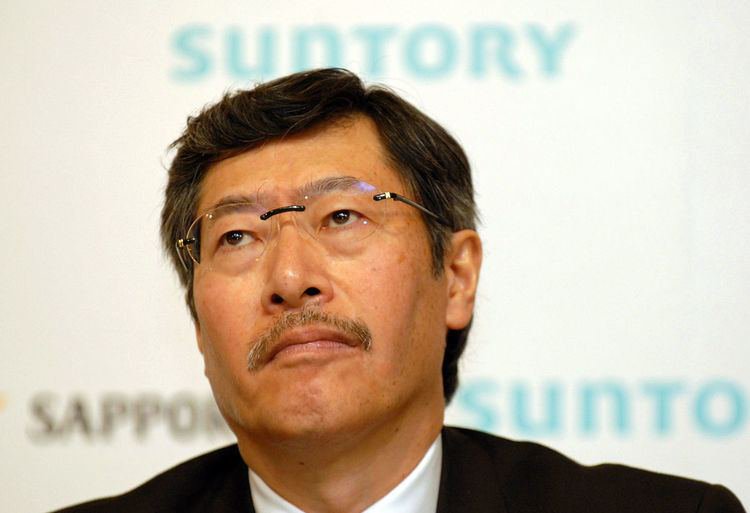
11. Chirathivat Family from Thailand
Company: Central Group
Wealth: $12.9 Billion (₹9,53,16,16,50,000 approx)
The Central Group was originally headed by Tiang Chirathivat, who migrated from Hainan to Thailand. The company started as a small family shop in Bangkok in 1947 and now, it is one of Thailand’s largest private commercial conglomerates, with more than 50 subsidiaries. Tos Chirathivat, the grandson of Tiang is now heading Central Group.
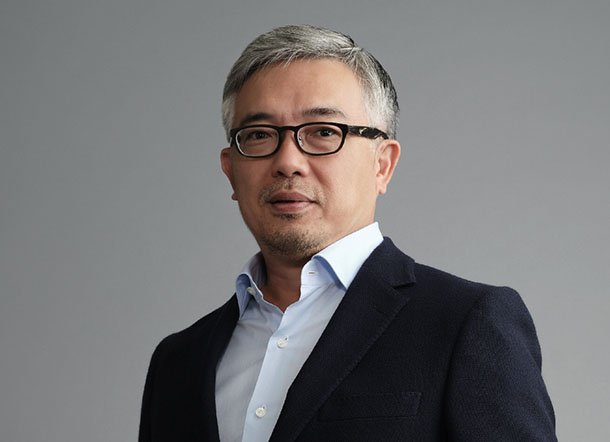
12. Ng Family from Singapore
Company: Far East Organization
Wealth: $13.8 Billion (₹10,19,66,13,00,000 approx)
Ng Teng Fong worked at his parents’ soy sauce factory and as a bicycle repairman but, instead of entering into the family business, he ventured into property development and set up Far East Organization in 1960. He also managed to build his business in Hong Kong where he founded Far East’s sister outfit, Sino Group. Now, his elder son Robert is in charge of the Hong Kong operations, while his younger son Philip oversees the business in Singapore.
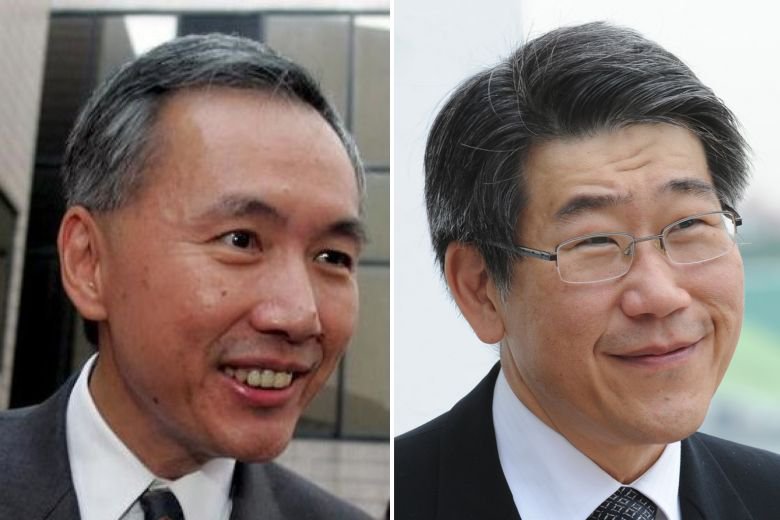
13. Ho Family from Hong Kong
Company: SJM
Wealth: $14.6 Billion (₹10,78,77,21,00,000 approx)
Stanley Ho got the license to set up the first casino in Macau with his business partners in 1962. Now, the Ho family is in-charge of SJM Holdings which owns multiple casinos and hotels. Ho’s wealth has been divided between his daughter Pansy Ho, his fourth wife Angela Leong and his son Lawrence Ho.
ADVERTISEMENT
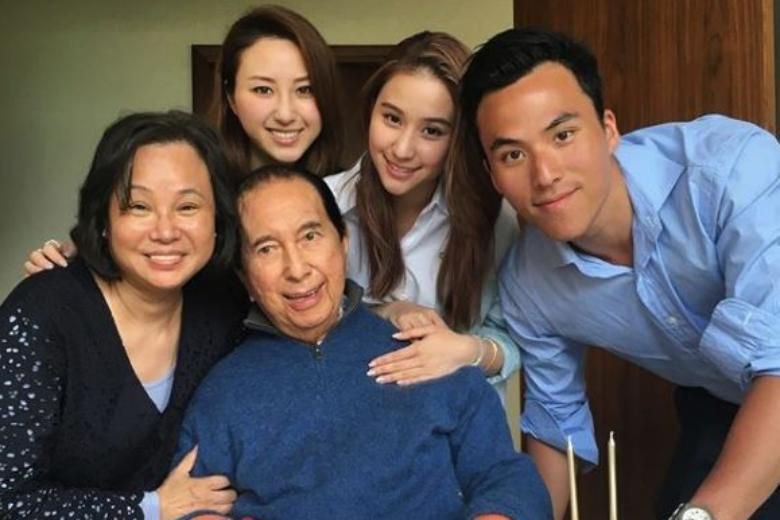
14. Kadoorie Family from Hong Kong
Company: CLP Holdings
Wealth: $16.1 Billion (₹11,89,60,48,50,000 approx)
Elly Kadoorie arrived in Hong Kong along with his older brother to work for the Sassoons, a prominent family of the Baghdad Jewish diaspora during the 1880s. Later, the two brothers set up a brokerage and amassed stakes in banking, real estate and power-generation facilities. Their major investments included CLP Holdings & Shanghai Hotels. Now, Elly’s grandson, Michael has taken over the business.
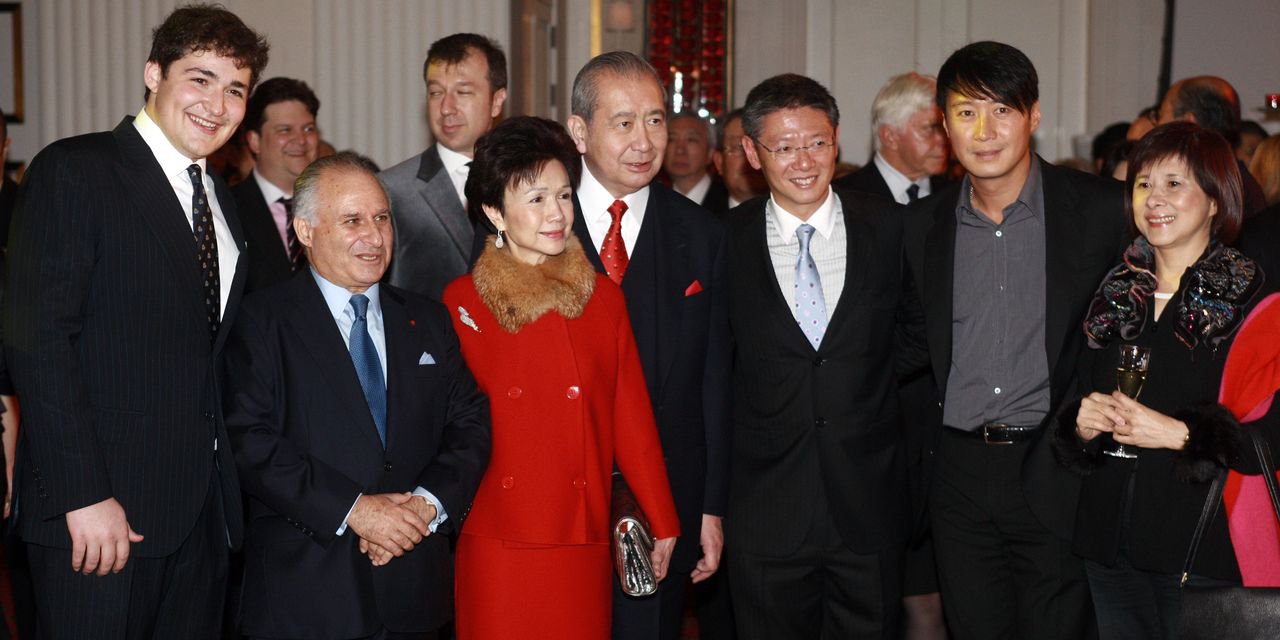
15. Kwek/Quek Family from Singapore
Company: Hong Leong Group
Wealth: $16.5 Billion (₹12,19,16,02,50,000 approx)
In 1941, Kwek Hong Png set up Hong Leong Co. with the help of his three brothers. The corporation runs operations in a range of sectors, from property development and hospitality to finance. Kwek Hong’s nephew has now taken over one of the largest conglomerates in Singapore.
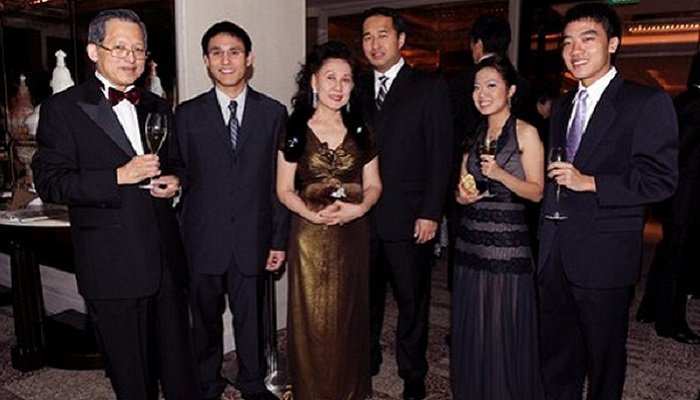
These families have enough money to support generations to come. Don’t you think?
Top picks for you

















